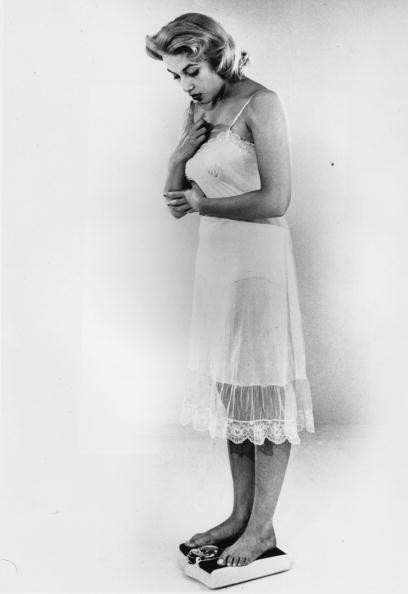
Teens who self-weigh report feelings of depression, low self-esteem, and other weight concerns, making them more vulnerable to eating disorders, a new study in Journal of Nutrition Education and Behavior says.
According to its principal author Carly Pacanowski, PhD, RD, from University of Minnesota, female teens who participated in the study and had strongly agreed that they had self-weighed have more than 75% increased chance of engaging in behaviors and activities that promote dangerous weight control.
The study is part of a larger longitudinal project called Project Eat, which keeps track of the eating and activities teen and young adult participants engaged in over a period of 10 years. At least 1,500 young men and women were included in the study, of which over 55% of them were females.
The project then asked the participants to report their self-weighing methods, and from the data, the researchers were able to establish links between the changes of their weight, behavior, or mental health and self-weighing.
Childhood and teen obesity is a growing concern especially in the United States. According to Centers for Disease Control and Prevention (CDC), more than 30% of teens and children in the country can be considered either overweight or obese as of 2012. Obese youth, on the other hand, are at a higher risk of developing cardiovascular disease, diabetes, and joint and bone problems early than those who are of normal weight.
However, based on the study's results, teen concerns about their weight can also be detrimental as it may only encourage poor body image, which may then lead to eating disorders such as anorexia. In a study published in National Eating Disorders Association, which was conducted among 10,000 teens between the ages of 13 and 18, certain eating disorders are associated with either suicide attempts or complete suicide. Meanwhile, women from 15 to 24 years old who will be diagnosed with anorexia nervosa have a mortality rate that is ten times higher than that of other possible causes of death.
Pacanowski recommends that health providers ask teen patients if they are self-weighing so they can closely monitor behavioral outcomes.

